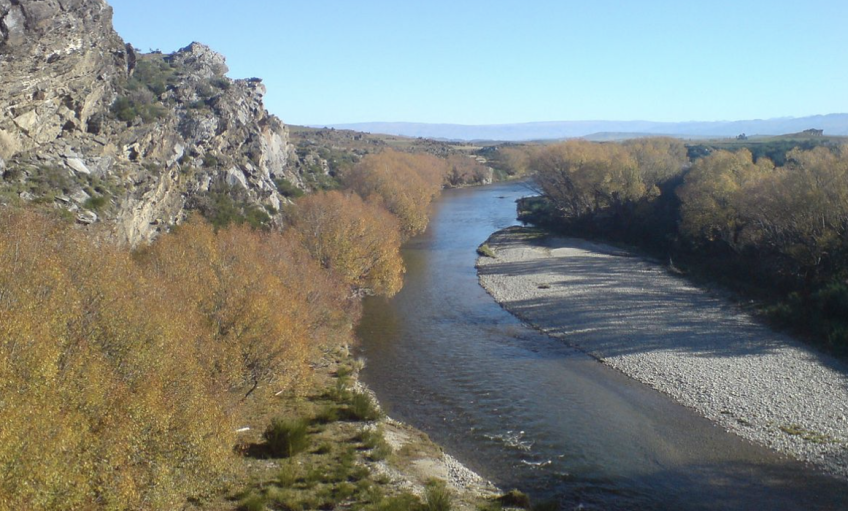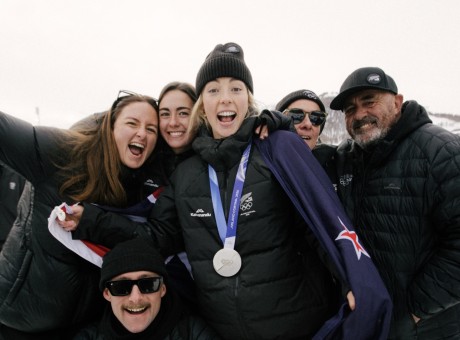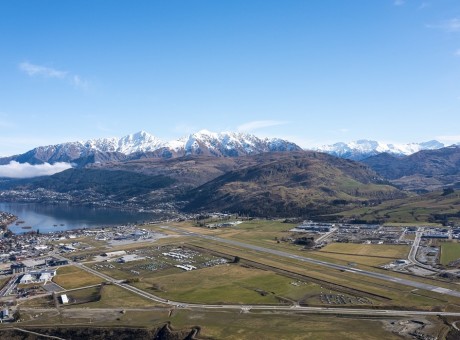"The future of the Manuherekia River, and so that of the communities which surround and rely on it, was the subject of hours of debate at the August 25 ORC meeting. Degraded and sluggish, particularly in its lower reaches, the river clearly needs more of its own water to survive. Help was surely on its way as the science, the law, and Kai Tahu matauranga agreed on this point. The debate should have simply focused on how much of the 75% of the river's water currently abstracted, we needed to given back.
On the agenda were staff recommendations based on more than $4m dollars and 26,500 hours of work, cultural studies from Kai Tahu, and the culmination of years of community debate and consultation. The agenda also holds a sorry timeline of the recent history of ORC attempts to intervene in the river's health.
On that locked down day, on zoom from our home offices, ORC councillors were to note a river flow regime that would restore the health of the river as required under the National Policy Statement Freshwater Management 2020 and its Te Mana O Te Wai requirements which include putting the health of the river above all other considerations. Yes, this would be a huge, likely threatening and frightening step for those whose livelihood depends on the taking water from the river, particularly those who have heavily invested in irrigation systems that need certainty of water take, and the service communities that support the agri and hort industries. But there would be a stepped approach and two years to begin to figure it out.
A week or more before the meeting, an alternative Notice of Motion, with a weird background piece, was tabled by Chair Andrew Noone and Councillor Hilary Calvert. This alternative motion proposed further delays and cast doubt on the robustness of the science.
It also included a lot of distracting stuff about Department of Conservation's concern that the galaxiids (native fish) would be in trouble if trout were able to get higher into the river tributaries - maybe true - but actually what I think DOC was asking for was time to install some fish barriers, not to continue to starve the river. Good old context twisting. But there was plenty more of that to come.
The proposed new motion was intolerable for councillors committed to both restoring the river and to the principles of Te Mana o te Wai. These same councillors also understand that there is always doubt in science but had accepted the staff position that the science to date was defensible. Anyway, of all the bits of science collected, there were really only two areas of any contention at all. Crs Robertson, Scott, Hobbs and Forbes, protested with a letter to David Parker, Minister for the Environment, alerting him to areas of concern around delays, and some serious issues of integrity.
Generation Zero even made a video for the ORC meeting.
Polarisation of the politicians was fully in place before the meeting started with 6 councillors in the ‘doubt, stall, confuse and delay’ corner (Chair Noone, Crs Calvert, Hope, Laws, Malcolm and Wilson) and the other 5, (Crs Deaker, Forbes, Hobbs, Robertson and Scott) in the ‘lets get on with it' space.
What’s next? Who knows? At the moment the delay, cast doubt, kick can down road tactics prevail. There’s a petition now to save the river, first step replace us – the council, with commissioners. You can sign it here.
A more detailed and fascinating history of the Manuherekia is well documented in this Spinoff article by Jillian Sullivan.
Standby, no doubt round whothef**kcankeepcount is not far away.

























